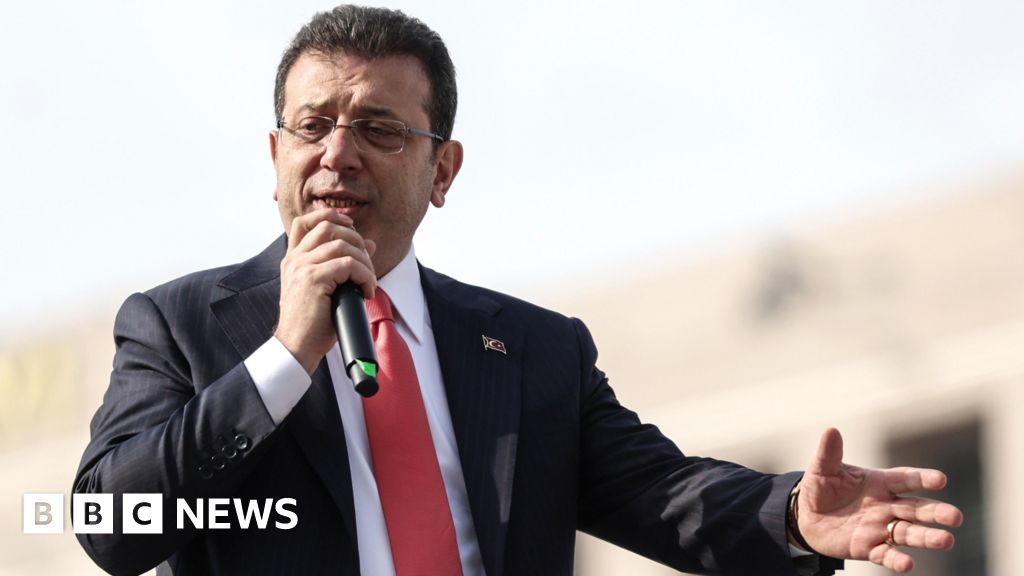Butler Report “Edited” To Protect Blair
“Downing Street secured vital changes to the Butler Report before its publication, watering down an explicit criticism of Tony Blair and the way he made the case for war in the House of Commons," The Telegraph said quoting a "member of Lord Butler’s team.”
The report concludes the findings of an inquiry, led by former top civil servant Lord Robin Butler, to look into the quality of British intelligence on Iraqi alleged weapons of mass destruction (WMDs).
The disagreement between the Prime Minister’s Office and Lord Butler’s inquiry team centered on a passage in the report about Blair’s statement to MPs at the House of Commons in September 2002, the paper said.
“The original passage drew a much clearer contrast than the final version of the Butler Report between the strong case for war made by Blair and the weakness of the intelligence the Prime Minister received about Iraqi weapons of mass destruction.
“The changes secured by No 10 diluted the criticism of Blair and helped Downing Street to mount its main defense – that the report showed the Prime Minister was acting in good faith," The Telegraph said.
Blair had argued that Iraq posed an immediate threat and that Iraqi President Saddam Hussein had to be removed, but no such weapons have been found 15 months after Baghdad had fallen.
On Wednesday, July 14, the inquiry blasted the British pre-war intelligence as unreliable and seriously flawed, concluding that Iraq most likely possessed no useable weapons of mass destruction. However, the inquiry absolved Blair and his government of deliberate wrongdoing.
Distance Himself
Quoting a member of Lord Butler’s five-member team, the paper said changes were made at the behest of the Prime Minister’s office. However, the member also revealed that on the day he published his report, Lord Butler was preparing to publicly distance himself from Blair if asked at his press conference whether the Prime Minister should resign.
“It was not his job to bring down the Government,” the inquiry member told The Telegraph. “But he was not going to back Blair either.”
“The deliberately equivocal answer Lord Butler had prepared – which in the end he did not have to deliver because the question was not asked – would have stood in conspicuous contrast to his explicit request in his report that John Scarlett, the chairman of the Joint Intelligence Committee, should not have to step down from his new post as head of MI6,” the paper said.
According to the British paper, the attempts by the inquiry to make stronger criticism of Blair in their report were hampered during an exchange of views between Lord Butler and Downing Street that began some 10 days before publication last Wednesday.
Under the rules governing inquiries, any individual who has been criticized or fears he may be criticized has the right to be shown sections of the draft in advance with a view to giving a response.
An inquiry member was quoted by the daily as saying: “This process was gone through. One or two things were changed. These were accepted by the committee.”
The Telegraph said that in the original draft, a passage on page 114 contained stronger criticism of Blair’s Commons statement of September 24, 2002. The report as published stated, in one of very few direct references to Blair’s conduct: “The language in the dossier may have left with readers the impression that there was fuller and firmer intelligence behind the judgments than was the case: our view . . . is that judgments in the dossier went to (although not beyond) the outer limits of the intelligence available.
“The Prime Minister’s description, in his statement to the House of Commons on the day of publication of the dossier, of the picture painted by the intelligence services in the dossier as ‘extensive, detailed and authoritative’, may have reinforced this impression.”
In the original draft this last sentence was much stronger, according to the paper, expressing the opinion that Blair personally masterminded the misleading impression left by the dossier. The passage is important because Downing Street maintained last week that the report at no point questions Blair’s “good faith.”
According to a member of the inquiry, however, the Prime Minister should not be regarded as in the clear. “The whole thing points straight to the man in charge . . . absolutely to where responsibility belongs, which is the Prime Minister, which is what we could not say.”
The disclosures will put further pressure on Blair following the revelation that the earlier Hutton inquiry was not told about the withdrawal of key intelligence which formed the basis for claims made by the dossier, the paper said.
Downing Street admitted that MI6 withdrew some elements of the intelligence supporting the Government’s case for war because it was unreliable, but decided not to tell the Hutton inquiry.
‘Unlawful’
In a separately related development, The Independent Sunday said that Blair was warned before the Iraq war by the Attorney General, Lord Goldsmith, that a UN court could rule Britain’s invasion unlawful.
The warning was in Lord Goldsmith’s so far undisclosed legal opinion from 7 March last year, less than two weeks before the conflict began, the paper said.
Fearing that the International Court of Justice could rule it was illegal to go to war without the express authority of the UN Security Council, the Attorney General put senior barristers and international legal experts on standby to help to prepare the Government’s defense if needed, legal sources told the paper.
On Saturday, February 29, The Observer reported that Goldsmith was forced hastily to redraft his legal advice to Blair to give an "unequivocal" assurance to the armed forces that the conflict would be legal.
The daily revealed that Britain’s Army chiefs refused to go to war in Iraq amid fears that they could be tried in the future for engaging in an illegal war.
“Goldsmith wrote to Blair at the end of January [2003] voicing concerns that the war might be illegal without a second resolution from the United Nations,” the paper said.
Three days before the Iraq invasion began, Goldsmith stated that resolution 1441 authorized the use of force because it revived earlier UN resolutions passed after the 1991 ceasefire.



